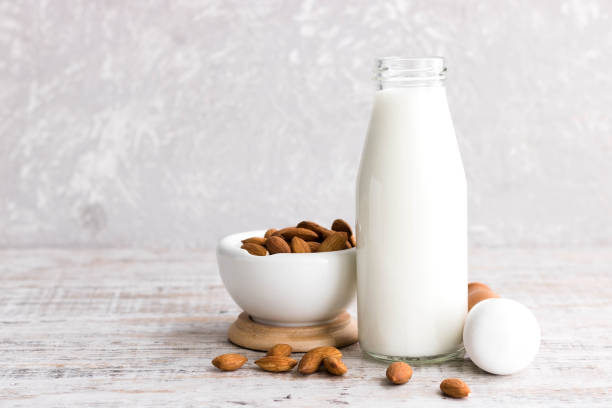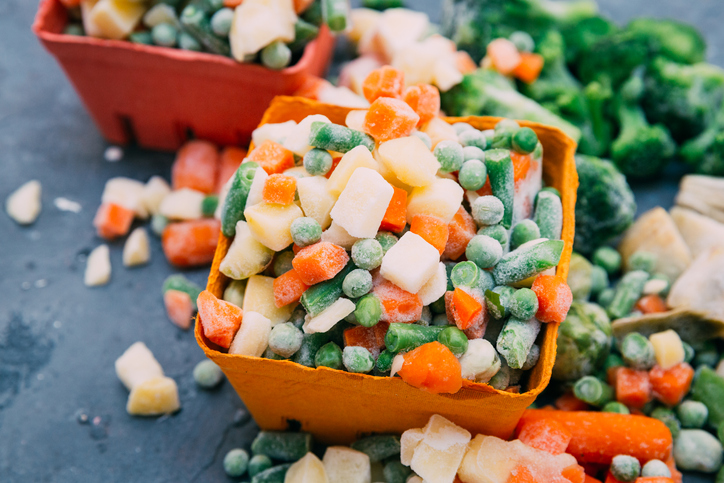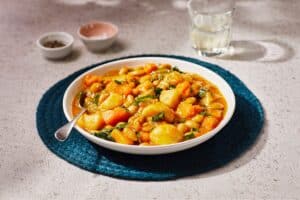If you're stocking up on groceries during the current lockdown, an expert has advised on how to plan your next shop wisely.

If your city or country is currently under lockdown, you might be finding it hard to get the groceries you need as panic buyers strip the shelves of essentials.
To help you plan your next grocery shop more efficiently, Zach Conrad, assistant professor in the Department of Kinesiology & Health Sciences at William & Mary, offers his tips on how to stock up, sensibly, while self-isolating.
Don’t freeze milk
Although it’s ok to freeze most foods under the right conditions, it doesn’t work as well with milk.
When you defrost it, you’ll find it separates and becomes slightly chunky, and it’s no longer the consistency you want for drinking. However, if you want to use it for baking, that should be fine, as you won’t notice the consistency that much.
If you can’t find milk
If you can substitute milk for cream, then buy that, as it will last longer. Or, you could try plant-based alternatives, which also last longer and have a similar nutritional profile to milk.

Almond milk. Picture: iStock
Think about fruit
Lots of people want to buy perishable fruit. The most commonly consumed fruit in the US throughout all seasons are bananas, oranges, apples and grapes.
But remember you will have to think about how to store them and how long you can keep them. Peeled bananas freeze really well, but they don’t thaw well at all; use them to make smoothies or banana bread.
What about vegetables?
Foods like carrots, peas and corn defrost pretty well, especially if you’re adding them to prepared dishes.
On the other hand, defrosted broccoli is disappointing, as it gets soft, mushy, and loses its crunch. But its nutritional value stays the same, so defrosted broccoli can be used to make a thick healthy soup; add some cheese, onions, and garlic for a really great meal.

Picture: iStock
If in doubt about freezing …
Behind all this food hoarding and mass purchasing are people who probably don’t have too much experience preparing food for long-term storage. There is a lot of work that goes into safely storing large amounts of food so that they’re ready to be defrosted, prepared and consumed.
A good option is to buy pre-frozen and canned goods because this can reduce your time and labour commitment, and can help reduce waste, and they can be great alternatives to fresh varieties. Just make sure to choose canned items that are low in sodium and added sugar.
Get creative!
For people who have time, interest and the right kitchen resources, this is a really unique opportunity to expand the types of ingredients we typically use for our recipes in our foods.
For example, if there are no onions, try shallots, which are essentially onions that are much smaller. This is a time to experiment with new ingredients and expand our palates.
For more news your way, download The Citizen’s app for iOS and Android.






